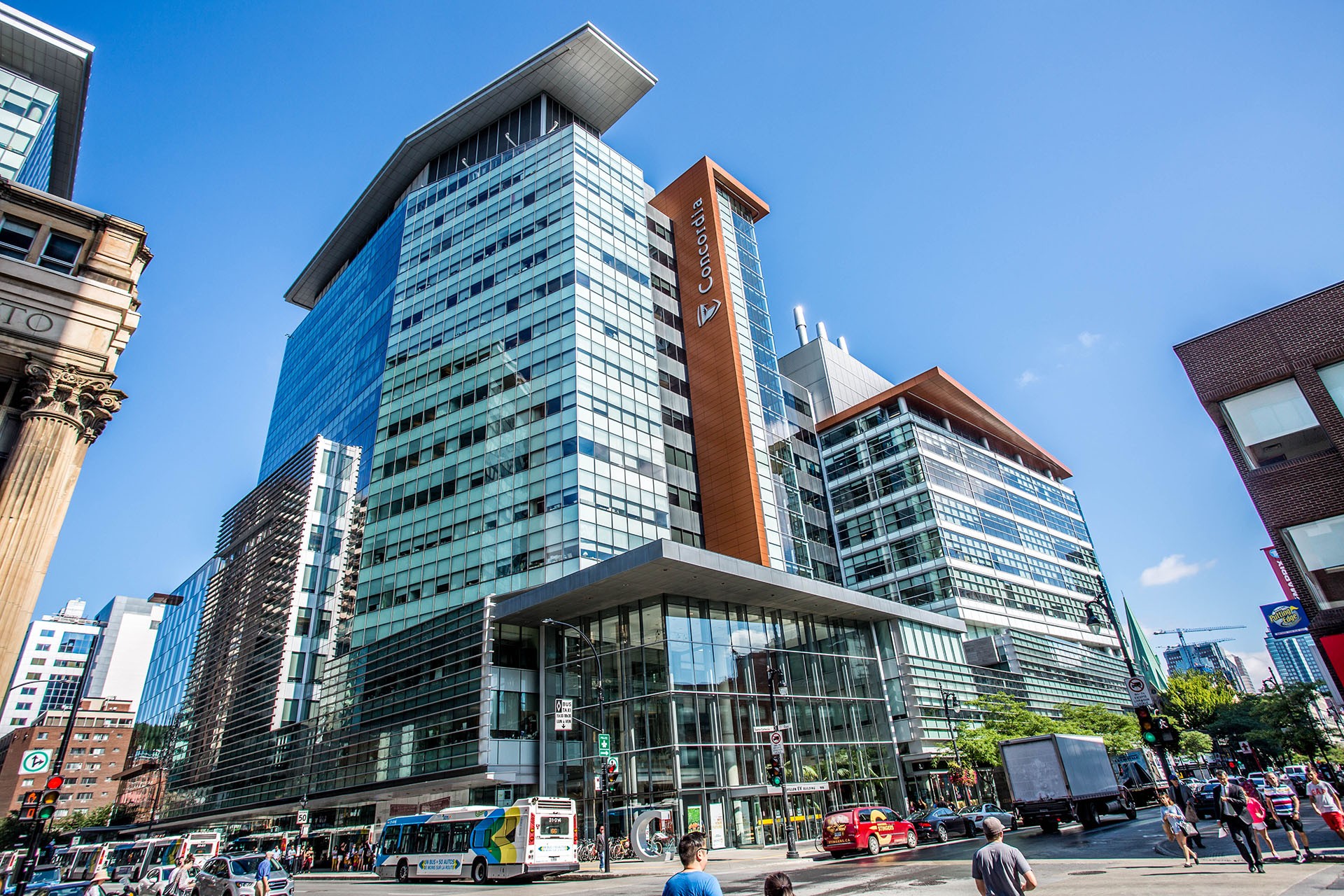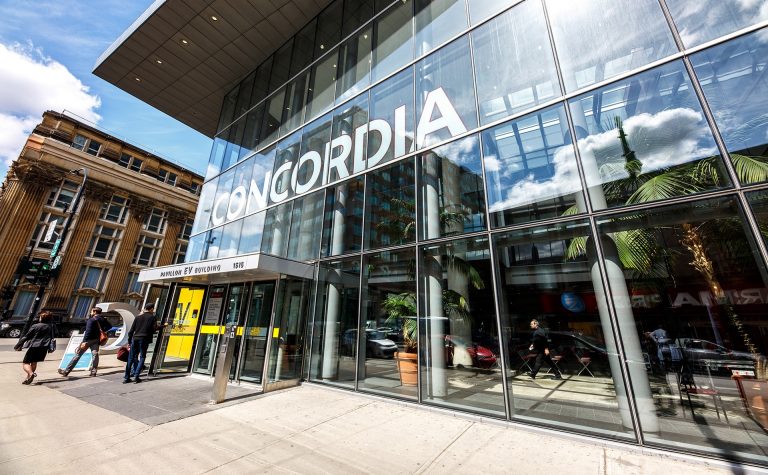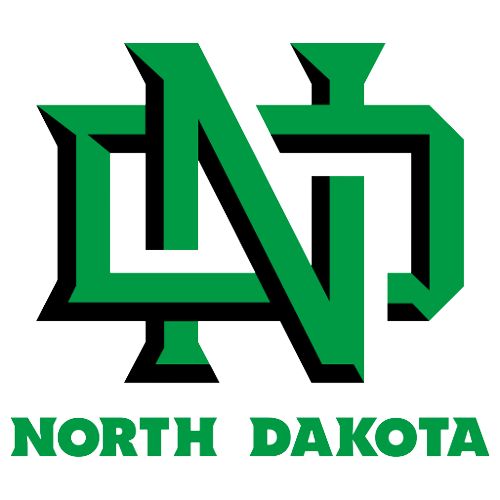The Master of Fine Arts (MFA) program in Studio Arts at Concordia University is designed to provide students with advanced training and the opportunity for creative exploration in various artistic disciplines. The program is focused on developing students' artistic practice and helping them refine their skills and conceptual understanding.
Here is a general overview of the MFA program in Studio Arts at Concordia University:
Studio Practice: The program emphasizes studio-based learning and artistic practice. Students are provided with dedicated studio spaces and have the freedom to work in a variety of artistic mediums and techniques. They are encouraged to experiment, take risks, and develop a cohesive body of work that reflects their artistic vision.
Individualized Research: The program supports individualized research and artistic exploration. Students work closely with faculty advisors to develop their research interests and conceptual frameworks. They are encouraged to critically engage with contemporary art practices, theories, and cultural contexts relevant to their work.
Critiques and Feedback: Regular critiques and feedback sessions are an integral part of the program. Students have the opportunity to present their work to faculty and peers, receive constructive criticism, and engage in discussions about their artistic practice. These sessions foster a supportive and collaborative environment for artistic growth and development.
Elective Courses: The program offers a range of elective courses that allow students to deepen their knowledge and skills in specific areas of artistic practice. These courses may cover topics such as advanced techniques, art history, art theory, exhibition design, or professional development for artists. Students have the flexibility to choose courses based on their interests and career goals.
Thesis Exhibition: The MFA program often culminates in a thesis exhibition or a final project where students showcase their artwork. The exhibition serves as a platform for students to present their artistic vision and conceptual framework to the broader community. It is an opportunity for students to engage with curators, art professionals, and the public.
Professional Development: The program provides professional development opportunities to prepare students for a career in the arts. These may include workshops on portfolio development, grant writing, artist statements, exhibition strategies, and art entrepreneurship. Students may also have the opportunity to participate in artist residencies, internships, or community engagement projects.
It's important to note that the specific course offerings, thesis requirements, and opportunities for exhibition may vary between academic years. For the most accurate and up-to-date information regarding the MFA program in Studio Arts at Concordia University, I recommend referring to the official Concordia University website or contacting the Department of Fine Arts.
Show less














